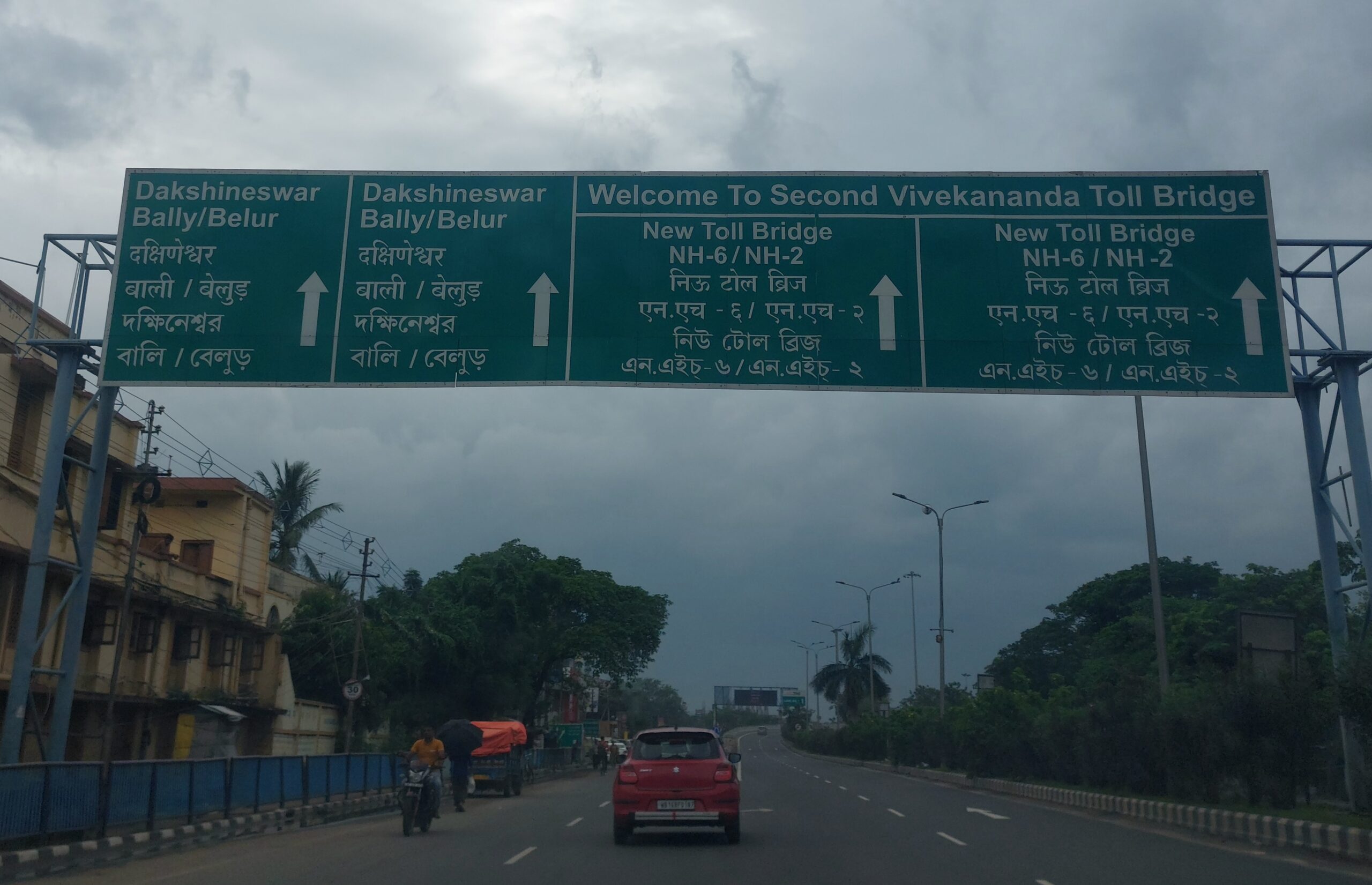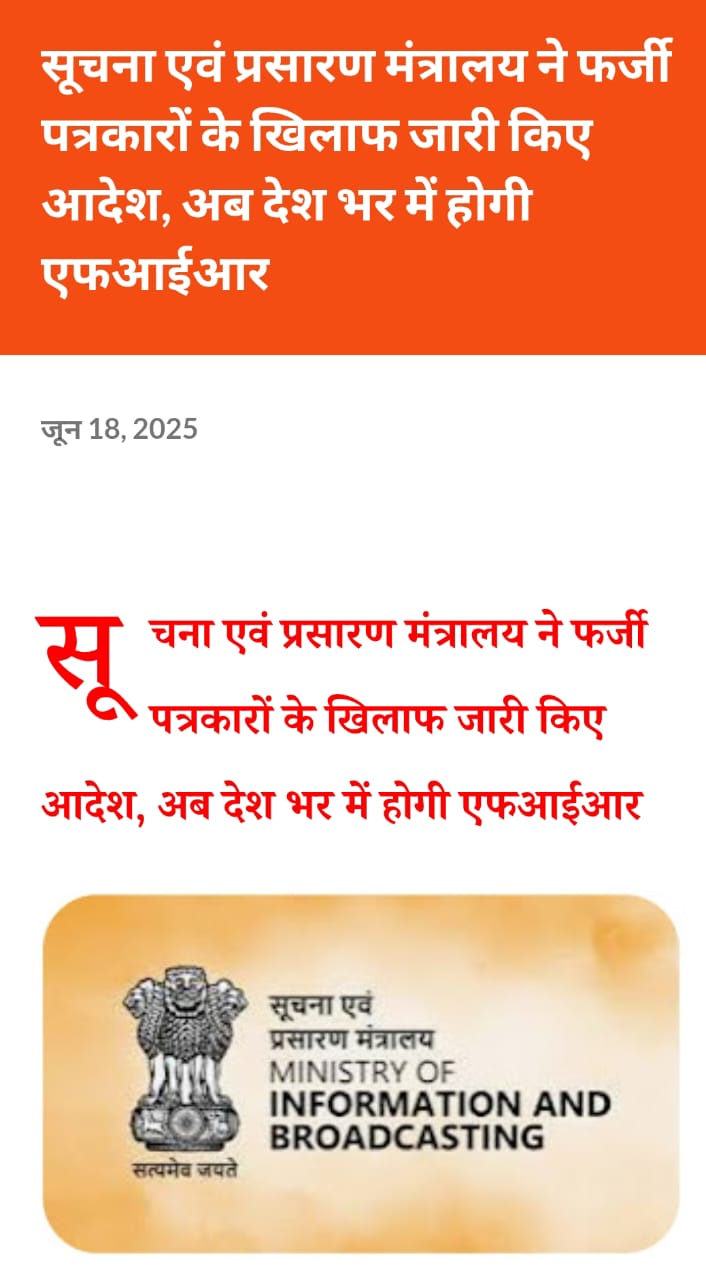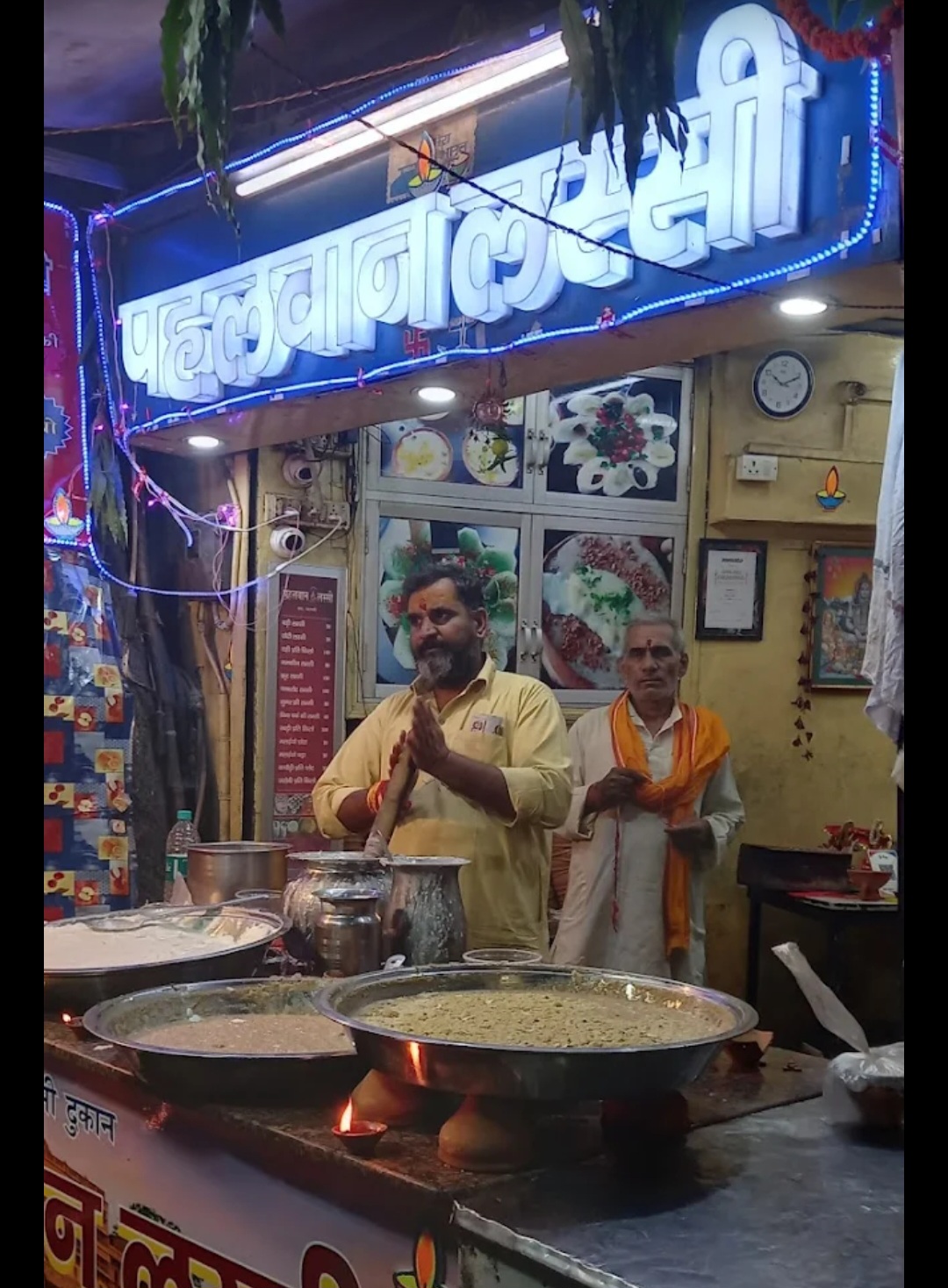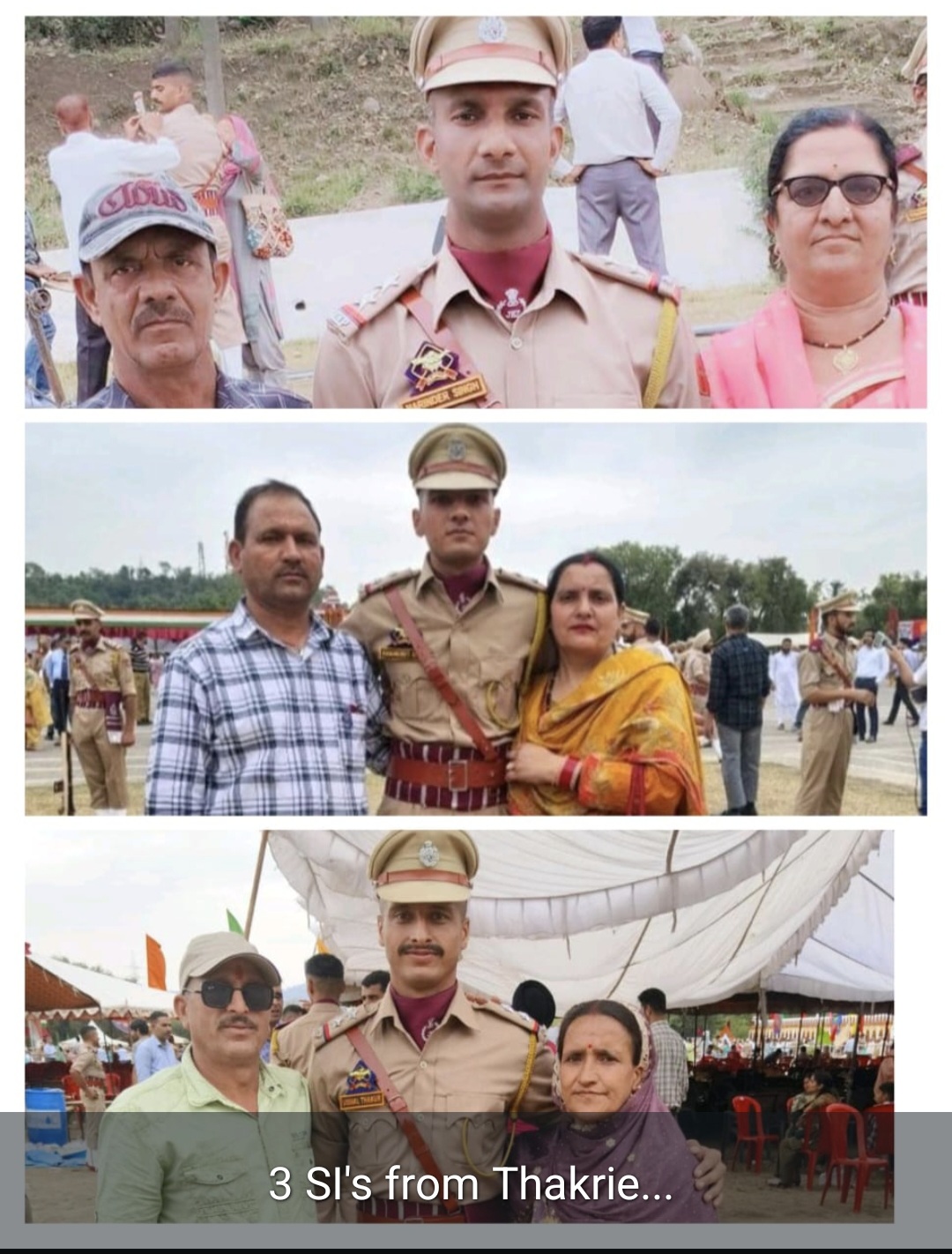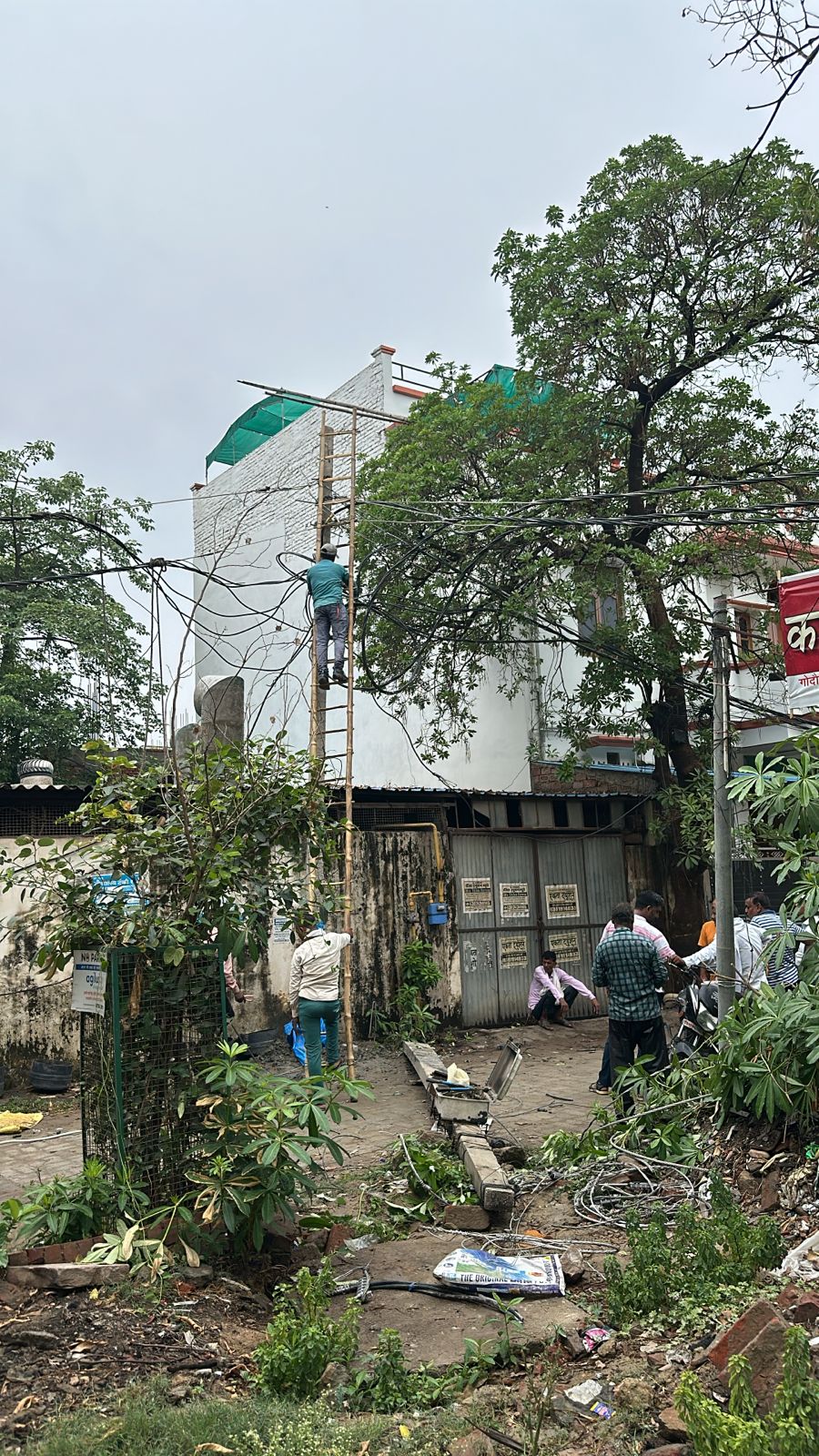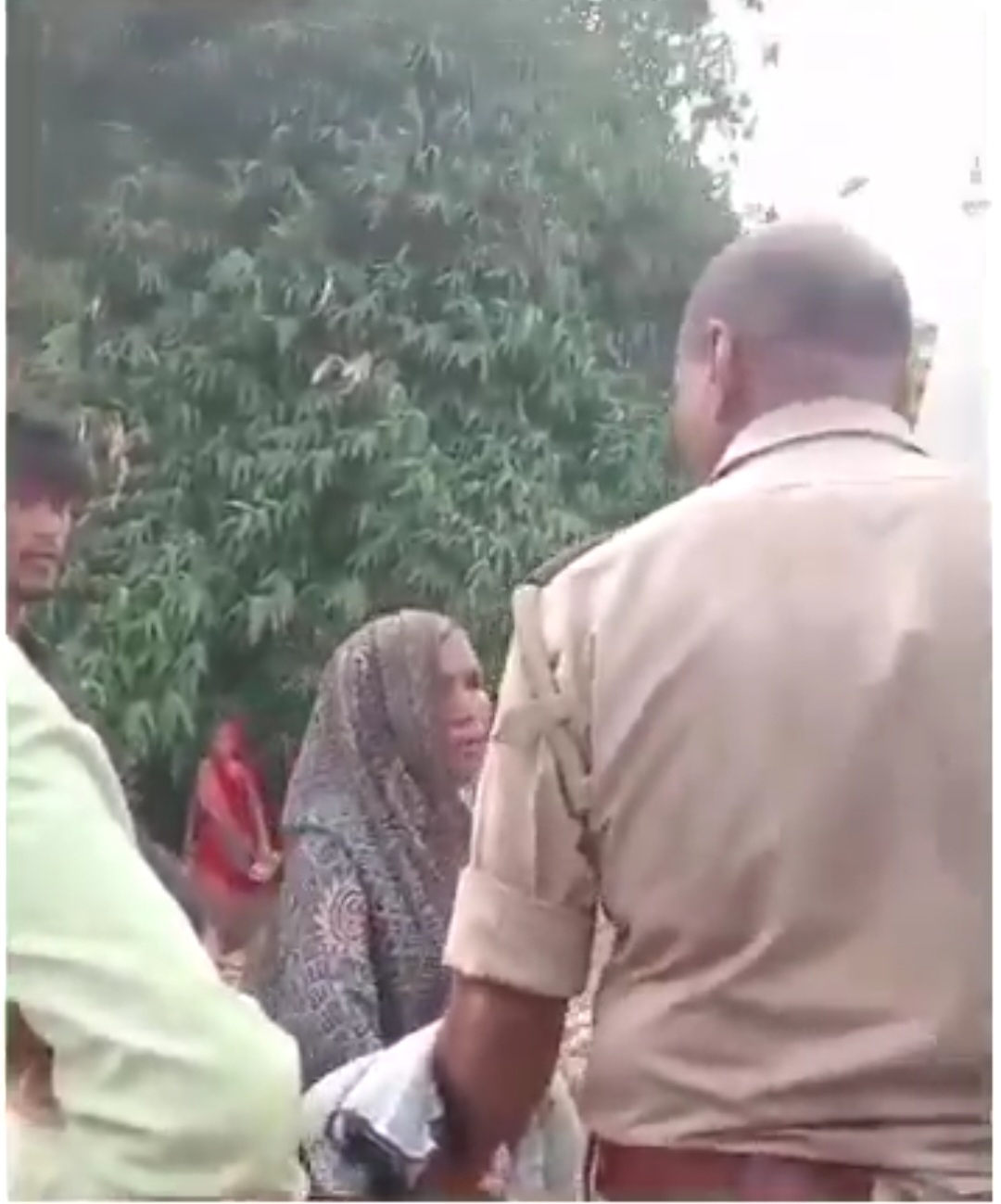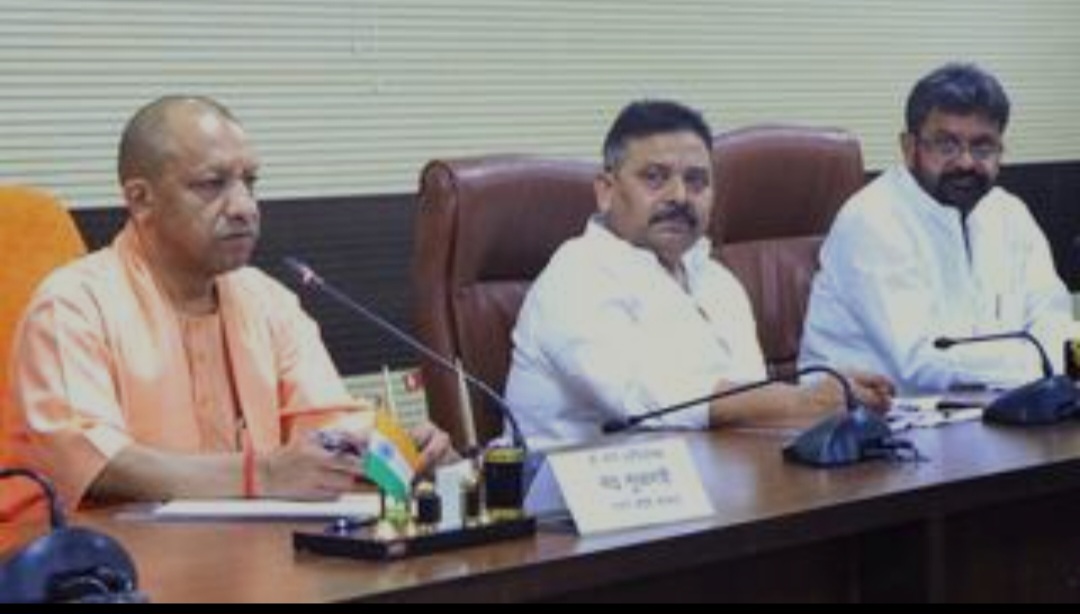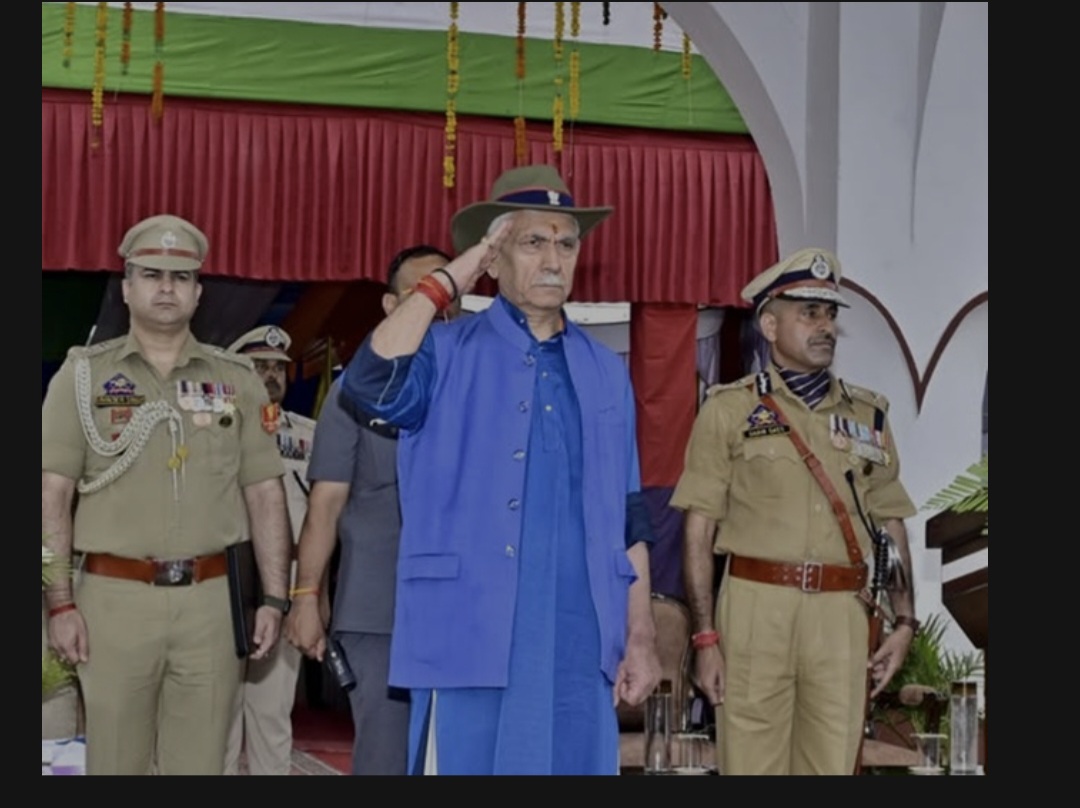Afzal Guru hanged in secrecy, buried in Tihar Jail
cleanmediatoday.com
Afzal Guru hanged in secrecy, buried in Tihar Jail
Clean Media Correspondent
New Delhi, Feb 09 (CMC) In a top secret operation, the 2001 Parliament attack case convict Mohammed Afzal Guru was hanged and buried inside the Tihar jail complex on Saturday.
With this ended a decade-long uncertainty over the execution of the Sopore (Jammu and Kashmir) resident as his mercy petition became the issue of political slugfest.
“He was hanged at 8 o’clock… All legal procedures were followed in the execution. The President [Pranab Mukherjee] rejected the mercy petition of Afzal Guru on February 3 and after that I gave my approval on February 4… The date and timing [of Afzal Guru’s hanging] was confirmed by a judicial official,” Union Home Minister Sushilkumar Shinde told journalists here.
“The new President sent back all mercy petitions for reconsideration… I examined the file carefully and recommended to the President on January 21 for rejection of Afzal Guru’s petition,” the Home Minister added.
Notably, in 2011, the Ministry of Home Affairs had rejected his petition and forwarded it to the President. But when Mr. Mukherjee took over as President last year, he had returned all pending mercy petitions, including that of Afzal Guru and the Mumbai terror attack case convict and Pakistani national Ajmal Amir Kasab, for reconsideration after Mr. Shinde took over as Home Minister in August 2012.
But before the Centre gave a go-ahead for the hanging, security across the country, particularly in Jammu and Kashmir, was beefed up to avert any backlash. The MHA also issued an advisory to all State governments to remain on high alert.
“We are closely monitoring the situation in Kashmir and other States,” Mr. Shinde said.
On Friday, the Home Minister had informed Jammu and Kashmir Chief Minister Omar Abdullah about the hanging, while senior MHA officials were in touch with the State police chief Ashok Prasad to ensure that Afzal Guru’s wife was informed about his execution.
“His family was informed about the decision of the government to reject his mercy petition… This was done through speed post,” Union Home Secretary R.K. Singh told journalists here.
Afzal Guru was Parliament attack in the entire conspiracy leading to the attack on Parliament on December 13, 2001. He had been on death row for the past 10 years since he was first convicted and sentenced by a special court in December 2002, while his death penalty was upheld by the Supreme Court on August 4, 2005.
In another controversial decision, the government decided not to hand over the body to his family members and buried it inside the jail complex as it feared a backlash in the Kashmir valley if his body had been taken there for last rites. “It was a conscious decision… we feared that his funeral could have been used to trigger violence and disturb peace in the Kashmir valley,” a senior MHA official said.
“He was calm and happy at the time of execution. He spent the night before in his cell calmly and everything about him was normal,” Director General (Prisons) Vimla Mehra told The Hindu.
Afzal Guru was woken up around 5 a.m. after which he offered namaz. He was served tea and medically examined before being taken to the gallows near his cell in Jail No.3.
“The normal procedure was followed in the hanging. He was healthy and his blood pressure was normal. A doctor, a magistrate, a hangman and a “maulvi” were present at the time of execution, besides some jail officials,” said Ms. Mehra.
Afzal Guru hanged in secrecy, buried in Tihar Jail
Clean Media Correspondent
New Delhi, Feb 09 (CMC) In a top secret operation, the 2001 Parliament attack case convict Mohammed Afzal Guru was hanged and buried inside the Tihar jail complex on Saturday.
With this ended a decade-long uncertainty over the execution of the Sopore (Jammu and Kashmir) resident as his mercy petition became the issue of political slugfest.
“He was hanged at 8 o’clock… All legal procedures were followed in the execution. The President [Pranab Mukherjee] rejected the mercy petition of Afzal Guru on February 3 and after that I gave my approval on February 4… The date and timing [of Afzal Guru’s hanging] was confirmed by a judicial official,” Union Home Minister Sushilkumar Shinde told journalists here.
“The new President sent back all mercy petitions for reconsideration… I examined the file carefully and recommended to the President on January 21 for rejection of Afzal Guru’s petition,” the Home Minister added.
Notably, in 2011, the Ministry of Home Affairs had rejected his petition and forwarded it to the President. But when Mr. Mukherjee took over as President last year, he had returned all pending mercy petitions, including that of Afzal Guru and the Mumbai terror attack case convict and Pakistani national Ajmal Amir Kasab, for reconsideration after Mr. Shinde took over as Home Minister in August 2012.
But before the Centre gave a go-ahead for the hanging, security across the country, particularly in Jammu and Kashmir, was beefed up to avert any backlash. The MHA also issued an advisory to all State governments to remain on high alert.
“We are closely monitoring the situation in Kashmir and other States,” Mr. Shinde said.
On Friday, the Home Minister had informed Jammu and Kashmir Chief Minister Omar Abdullah about the hanging, while senior MHA officials were in touch with the State police chief Ashok Prasad to ensure that Afzal Guru’s wife was informed about his execution.
“His family was informed about the decision of the government to reject his mercy petition… This was done through speed post,” Union Home Secretary R.K. Singh told journalists here.
Afzal Guru was Parliament attack in the entire conspiracy leading to the attack on Parliament on December 13, 2001. He had been on death row for the past 10 years since he was first convicted and sentenced by a special court in December 2002, while his death penalty was upheld by the Supreme Court on August 4, 2005.
In another controversial decision, the government decided not to hand over the body to his family members and buried it inside the jail complex as it feared a backlash in the Kashmir valley if his body had been taken there for last rites. “It was a conscious decision… we feared that his funeral could have been used to trigger violence and disturb peace in the Kashmir valley,” a senior MHA official said.
“He was calm and happy at the time of execution. He spent the night before in his cell calmly and everything about him was normal,” Director General (Prisons) Vimla Mehra told The Hindu.
Afzal Guru was woken up around 5 a.m. after which he offered namaz. He was served tea and medically examined before being taken to the gallows near his cell in Jail No.3.
“The normal procedure was followed in the hanging. He was healthy and his blood pressure was normal. A doctor, a magistrate, a hangman and a “maulvi” were present at the time of execution, besides some jail officials,” said Ms. Mehra.

